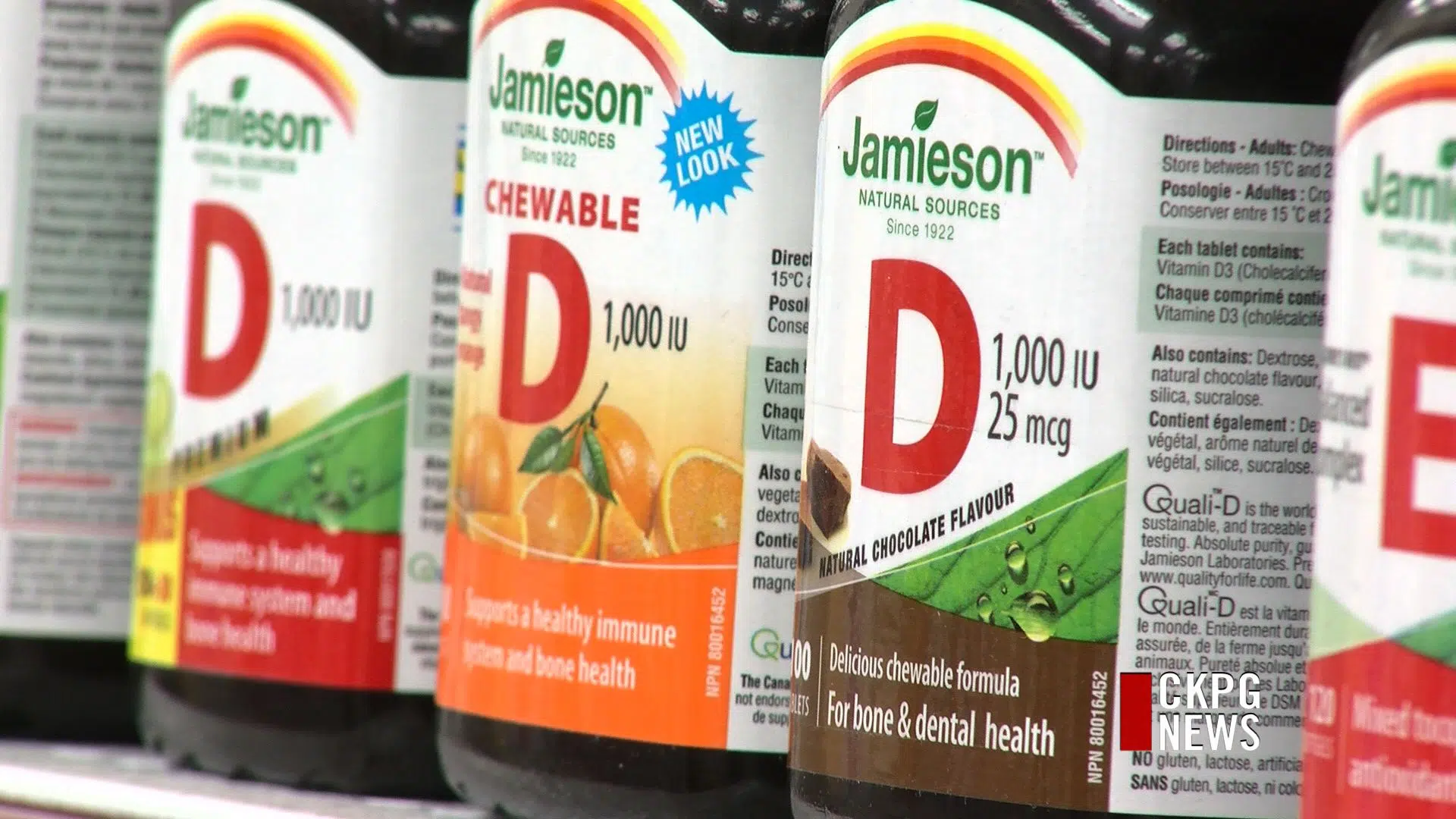
TYH: Boosting Vitamin D Intake In Winter
As our daylight grows shorter, our bodies change with the decrease in sunlight. A common issue among Canadians is the lack of Vitamin D. On today’s To Your Health, more on how you can boost your Vitamin D intake and why its important over the winter months.
(Announcer:) And now, “To Your Health”. Brought to you by Hart Drugs, Third Avenue Pharmacy and the Phoenix Pharmacy.
(Catherine Hansen – Reporting:) It works with calcium and phosphorus to support strong bones and teeth, and has been known to help prevent heart disease and cancer. Vitamin D is essential, and those of us living in the north simply don’t get enough over the winter months.
